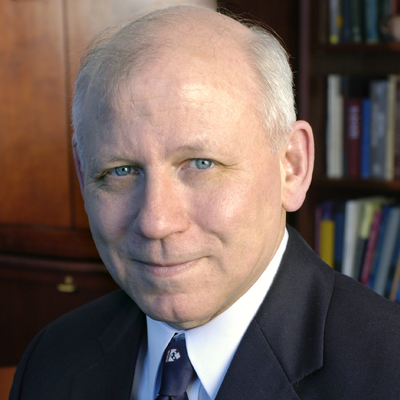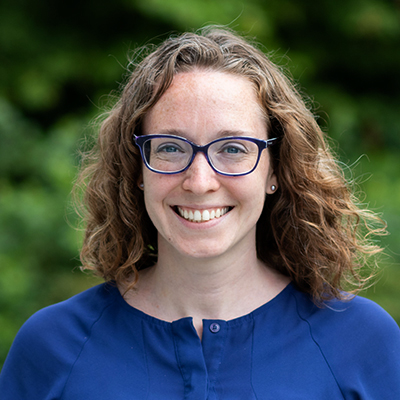About the Science Foundations course block
The physical and life sciences enable us to better understand the workings of the universe and living things. The courses in this block, which are designed to enhance your understanding of science, provide you with the foundations needed for further studies in this area. The objective of this course block is to enable you to increase your skills as both a consumer and communicator of scientific information while at the same time honing the foundational skills required for careers in the sciences.
Bachelor of Applied Arts and Sciences degree courses in the Science Foundations course block are offered on an accelerated (8-week) schedule. Courses in the block are largely asynchronous with some optional synchronous sessions to be scheduled by the instructors.
All Penn LPS Online courses offer academic credit.*
Please note: Students who complete four of the courses in this course block while enrolled in the Bachelor of Applied Arts and Sciences (BAAS) degree are awarded a Certificate in Science Foundations upon completion of the degree. If you are enrolled in the BAAS program and don't complete the degree requirements to graduate, you are not eligible to receive this certificate.
Students in the BAAS degree program may be eligible for an interview for entry into the Penn Pre-Health Post-Baccalaureate Programs if they:
- Complete the BAAS degree program with an average GPA of 3.0 or higher
- Earn a B or better in Certificate in Science Foundations courses
- Successfully complete the Pre-Health Programs placement exam
- Successfully complete the Pre-Health Programs application requirements
*Academic credit is defined by the University of Pennsylvania as a course unit (c.u.). A course unit (c.u.) is a general measure of academic work over a period of time, typically a term (semester or summer). A c.u. (or a fraction of a c.u.) represents different types of academic work across different types of academic programs and is the basic unit of progress toward a degree. One c.u. is usually converted to a four-semester-hour course.
The Science Foundations course block prepares you to:
- Examine the basic concepts of the physical and life sciences
- Evaluate scientific materials, especially those containing quantitative information or speculations, using the scientific method
- Gain an appreciation of the ways in which the physical and life sciences intersect and interact
- Learn how to communicate scientific concepts effectively, whether it is to one’s peers or to members of other communities
- Critically analyze data quantitatively using the appropriate mathematical, statistical, or graphical tools
Related concentrations
- Individualized Studies
- Scientific Applications



